
Electronic and Electrical Saudi Compliance Certification
In today's globalized world, the Saudi market, with its unique geographical location and immense consumer potential, attracts the attention of countless businesses. However, entering the Saudi market is no simple task. Product compliance stands as the foremost challenge for businesses. China’s JJR Laboratory provides you with a comprehensive guide to product certification in the Saudi market, helping you successfully access this lucrative market.
Overview of the Saudi Market
As a key economic entity in the Middle East, Saudi Arabia’s demand for electronic products is steadily increasing. To ensure product quality and safety, the Saudi government has established a series of stringent certification requirements. Understanding these requirements is crucial for businesses aiming to enter the Saudi market.
Key Categories of Electronic Product Certifications
SASO Certification (Saudi Arabian Standards Organization)
- SASO is the Saudi standards organization responsible for formulating and enforcing national standards.
- All electronic and electrical products entering the Saudi market must obtain SASO certification.
- The certification process includes product testing and document review.
G-Mark Certification
- G-Mark is Saudi Arabia's energy efficiency label, similar to the EU’s CE marking.
- High-energy-consuming products, such as air conditioners and refrigerators, require G-Mark certification.
- The certification process assesses the energy efficiency level of the product.
CITC Certification (Communication and Information Technology Commission)
- CITC is Saudi Arabia’s regulatory body for telecommunications and information technology, overseeing telecom equipment certification.
- All telecom equipment entering the Saudi market must pass CITC testing and certification.
- Additionally, food, drugs, and cosmetics entering the Saudi market require SFDA (Saudi Food and Drug Authority) approval.
IECEE Certification
- Products within the scope of IECEE standards must apply for and obtain an IECEE certificate through the SASO website (jeem1) to ensure smooth customs clearance.
- The IECEE certificate is considered the final certification. If other certificates are required, such as the EER certificate for lighting products or the CITC certificate for mobile phones, these must be obtained prior to applying for the IECEE certificate.
- IECEE certification, also known as SIRC, was introduced in early 2018 by SASO to ensure that Saudi standards, quality guidelines, and conformity assessments align with international norms and WTO requirements.
SASO Certification
SASO certification is the general term for export certifications to Saudi Arabia. The SABER certification refers to a conformity assessment program specifically for non-Saudi enterprises (i.e., companies exporting to Saudi Arabia). Therefore, Chinese export enterprises must pay close attention to the SABER certification program.
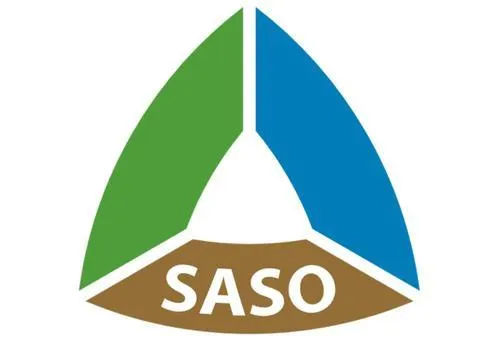
SASO Certification Scope
SASO certification covers various fields and industries, including but not limited to:
- Electrical Appliances: Such as household appliances and electronic products.
- Machinery: Including industrial machinery and construction machinery.
- Building Materials: Such as cement, steel, pipes, and other construction materials.
- Food: Including various foods and their packaging materials.
- Chemicals: Such as chemical raw materials and cleaning agents.
- Automobiles and Parts: Including vehicles, tires, and spare parts.
Under the SABER program, products are classified into risk categories: high, medium, and low. Different conformity assessment procedures are applied depending on the risk category and are executed by various recognized bodies.
Steps to proceed:
1. Provide: Product name and Saudi customs code.
2. Query: Check the Saudi SABER website. "Regulated" indicates a COC (Certificate of Conformity) is required; "Non-regulated" indicates only a self-declaration of conformity is needed.
Certification Process
1. Application:
Manufacturers or exporters must first submit a certification application to SASO or an authorized certification body.
2. Testing:
Once the application is approved, the product undergoes a series of tests at designated laboratories to ensure it meets the relevant standards.
3. Review:
SASO certification bodies conduct a thorough review of the product's technical documentation and test reports.
Factory Inspection Requirements
- Quality Document Review
Submit the following documents:
- Test reports (issued by accredited third-party laboratories).
- Manufacturer/factory quality management system certificates and internal test reports/quality assurance documents.
- Pre-shipment Inspection
Submit the following documents:
- Inspection application form and declaration of conformity (DoC).
- Invoice or proforma invoice and packing list.
- Issue the DoC using official company letterhead with signature and seal.
- Inspection Scope
To ensure compliance with requirements beyond testing, such as labeling and appearance standards, the following items are inspected onsite:
- Visual inspection of product surface quality and quantity.
- Packaging and labeling.
Issuance of Certificates
If the inspection results are satisfactory and all required documents are complete:
- A draft certificate will be issued within 2-3 working days.
- After the draft is confirmed by the client, the original certificate will be issued and mailed to the client in 1-2 working days.
G-Mark Certification
G-Mark certification is a regulatory certification system for member states of the Gulf Cooperation Council (GCC), which currently includes Saudi Arabia, Kuwait, the United Arab Emirates, Qatar, the Sultanate of Oman, the Kingdom of Bahrain, and the Republic of Yemen.
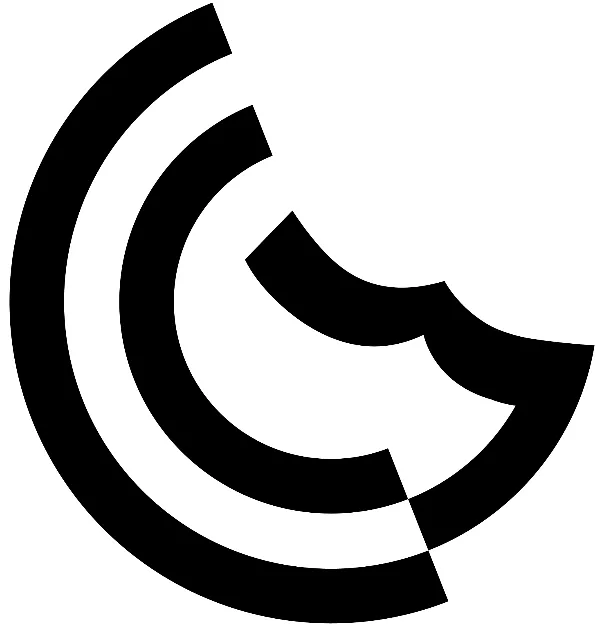
Under G-Mark standards, all regulated products must bear the G-Mark label. Products with the GCC mark can circulate and be traded more efficiently within the G-Mark member states.
Mandatory G-Mark Certification
Which products require G-Mark certification?
G-Mark certification is mandatory for products governed by the technical regulations of low-voltage electrical equipment and appliances. These include electrical equipment operating at:
- AC voltage: 50-1000V
- DC voltage: 75-1500V
All products must bear the GCC mark to circulate in GCC Standardization Organization (GSO) member states. Products with the GCC mark signify compliance with GCC technical regulations.
Thirteen specific categories of low-voltage electrical products fall under the GCC mandatory certification scope (regulated products). These must obtain a GCC certification issued by designated certification bodies.
G-Mark Certification Requirements
1. Product Information:
- Product type
- Product series and model
- Applicable standards
- HS code
- Product specifications: including rated voltage, frequency, rated power, or current
- Product dimensions (WxDxH in./mm)
- At least three samples per model for testing
2. Electronic and Mechanical Drawings:
- Provide product design and manufacturing drawings (circuit diagrams, mechanical diagrams), assembly or exploded views, and PTC thermistor drawings
- Explanatory notes for parts listed in the drawings and BOM (Bill of Materials)
- Product description and working principles (e.g., critical components like switches and buttons)
- List of electronic components, assemblies, and materials used in the product
3. Instruction Manual:
- Must have both English and Arabic versions
- Basic product information, operating instructions, installation instructions, warnings, and warning labels
- Include safety instructions or provide them as a separate annex
4. Product Images and Packaging:
- Multi-angle product photos (front, back, sides, nameplate, and trademark)
- Packaging design and drawings
5. Nameplate and Labels:
- Labels must meet the minimum size requirements of IEC safety standards
- Physical and electronic labels are required
Certification Process
1. Manufacturer Provides Documentation:
Submit product information, such as manuals, circuit diagrams, customs codes, exploded views, samples, and application forms.
2. Product Testing:
Evaluate the product’s testing requirements based on GCC technical regulations, determine applicable testing standards, and conduct testing.
3. Report and Registration:
After testing, compile and review the report, then register the product in the GSO database. Assign a product registration number through the certification system.
4. Certificate Issuance:
Issue the G-Mark certificate and authorize the client to use the G-Mark logo on the product.
Required Documentation
- Application form
- Safety + EMC reports (if required)
- Brand registration certificate
- Risk assessment report
- Circuit diagrams (if applicable)
- User manuals (in English and Arabic)
- Product photos
- Nameplate photos
- ISO 9001 certification (if available)
CITC Certification
Saudi CITC certification is a critical measure to ensure the quality, reliability, and safety of wireless and telecommunication products entering the Saudi market. According to Saudi Arabia's import policies, all telecommunications and wireless devices sold, delivered, or used within Saudi Arabia must obtain CITC certification.
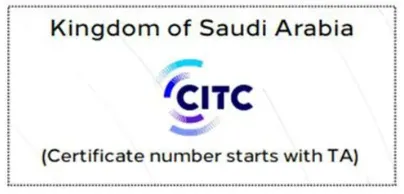
Scope of Certified Products
CITC certification covers a wide range of wireless and telecommunication products, including but not limited to:
- Bluetooth Devices: (e.g., Bluetooth versions V2.0, V2.1+EDR, V3.0+EDR, V4.0 (dual-mode), etc.)
- 2.4G Wireless Communication Devices: (e.g., wireless mice, remote controls)
- Wi-Fi Devices: (e.g., devices supporting 2G/3G/4G)
- GSM/GPRS Devices: (e.g., mobile phones, tablets)
- WCDMA Devices: (e.g., 3G mobile phones or similar products)
- GPS Devices: (e.g., car navigation systems, children's wristbands)
Certification Process
CITC certification typically involves the following steps:
1. Prepare Documentation
- Product technical specification sheet
- User manual or operating guide
- Circuit diagram, block diagram, etc.
- RF/EMC/Safety test reports (test reports based on CE or other international standards are usually accepted, with no need for additional testing in Saudi Arabia).
2. Submit Application
- Submit the prepared documentation to CITC or a designated certification body.
- Include product photos, device functionality descriptions, and manufacturer declarations.
3. Review and Testing
- CITC or the certification body will review the submitted documentation.
- If necessary, additional technical testing or sample testing may be required.
4. Certificate Issuance
- Upon approval, CITC will issue an equipment authorization letter, allowing the product to be sold in the Saudi market.
Important Notes
- Certificate Validity: The validity period for CITC certification varies by source, with some indicating two years and others specifying one year per batch. Refer to the latest CITC regulations for the exact validity period.
- Certificate Holder: The certificate holder must be a local Saudi company. If the applicant does not have a local entity, third-party agencies like Global Zhongyi can provide proxy services.
- Technical Updates: As technical standards evolve, CITC certification requirements may change. Applicants must stay updated with CITC’s latest announcements and notifications to ensure ongoing compliance.
- Labeling Requirements: While CITC does not impose mandatory labeling requirements, since 2018, electronic labels have been required for mobile phones and tablet devices.
IECEE Certification
The Saudi IECEE Certificate (SIRC) is a mandatory certification introduced on February 15, 2018, for specific electrical and electronic products imported into Saudi Arabia. This certificate ensures that these products comply with Saudi Arabia's safety, health, and environmental standards. It primarily targets product categories such as household appliances, lighting equipment, and electrical cables. Manufacturers or importers must understand the specific requirements and standards for their products before applying for the Saudi IECEE certificate. The main goals of the certification include ensuring product compliance with Saudi standards, protecting the Saudi environment, safeguarding consumer rights and safety, preventing counterfeit products, and improving customs clearance efficiency.
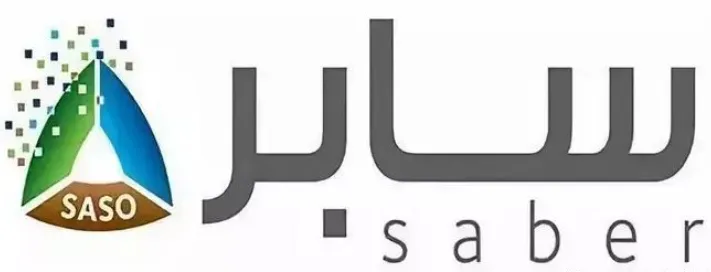
Documentation Requirements for IECEE Certification
When applying for Saudi IECEE certification, manufacturers must provide a range of documents, including:
- CB certificate and cb test reports
- Technical documentation (e.g., user manuals in Arabic or bilingual Arabic-English versions)
- Product photos (including labels, color box, and outer carton photos)
- Manufacturer’s declaration, production license, and the Saudi importer’s business license
The certificate's validity is typically one year, though it may vary depending on product type and the certification body. Certified enterprises must regularly test their products and renew their certification to maintain compliance with Saudi standards.
Certified Product Categories
1. Household Appliances: Refrigerators, washing machines, microwaves, vacuum cleaners, ovens, air purifiers, kettles, gas stoves, electric stoves, etc.
2. Industrial Electrical Equipment: Transformers, motors, cables, chemical equipment, batteries, lighting, fans, automation devices, engines, etc.
3. Information and Communication Devices: Telephones, mobile phones, computers, televisions, network devices, cameras, surveillance systems, etc.
4. Medical Devices: Blood pressure monitors, blood glucose meters, digital thermometers, CPAP machines, ECG devices, etc.
Other specific products requiring IECEE certification include:
5. Mobile devices and accessories: Mobile phones, cordless phones, chargers, wireless chargers, charging cables, car chargers, wireless microphones, etc.
6. Batteries: Mobile phone batteries, power banks, lithium batteries, nickel-metal hydride batteries, etc.
7. Laptops, tablets, and accessories: Chargers, etc.
8. Wearable devices: Smartwatches, smart bands, etc.
9. Dishwashers, water pumps (≤5 horsepower), and other household appliances.
10. TVs and related products, home theater systems, speakers, and entertainment equipment.
11. Lighting fixtures and accessories.
12. Electronic cigarettes and related accessories.
13. Photovoltaic equipment, solar cells, and solar panels.
Requirements and Documents for IECEE Certification Application
- CB Test Report (issued within three years)
- CB Certificate
- Importer’s Business License (products must fall within the importer’s business scope, and the license must be valid)
- Manufacturer’s Business License (must match the "Manufacturer" listed on the CB certificate)
- Photos and Labels of Actual Products
- Electronic design images or labels cannot be used.
- Product labels must match the CB certificate.
- Clear photos of the product’s plug and label, along with the SASO 2203:2018 test report (BS 1363 reports are no longer accepted as of September 1, 2020).
- Arabic User Manual (including trademark, model, technical parameters, safety instructions, etc.)
- Importer’s Declaration of Conformity (DOC)
- Manufacturer’s Declaration of Conformity (DOC)
- PID (if the product model or trademark differs from the CB certificate)
Note: Manufacturer or importer DOCs, PIDs, or other documents must be on official company letterhead.
For Saudi Arabia (or other markets following GCC standards), products must comply with applicable SASO standards. If no SASO standard exists, refer to GCC, IEC, ISO, GSO, EN, ASTM, or other international standards. Product markings must follow the applicable standard's labeling requirements. If no specific standard applies or the applicable standard does not define marking languages, markings can be in Arabic or English. However, all warnings and safety-related markings must be in Arabic or both Arabic and English. Manuals or brochures must be provided in Arabic or in a bilingual Arabic-English format.
Email:hello@jjrlab.com
Write your message here and send it to us
 Packaging Validation ISO 11607 Test Report
Packaging Validation ISO 11607 Test Report
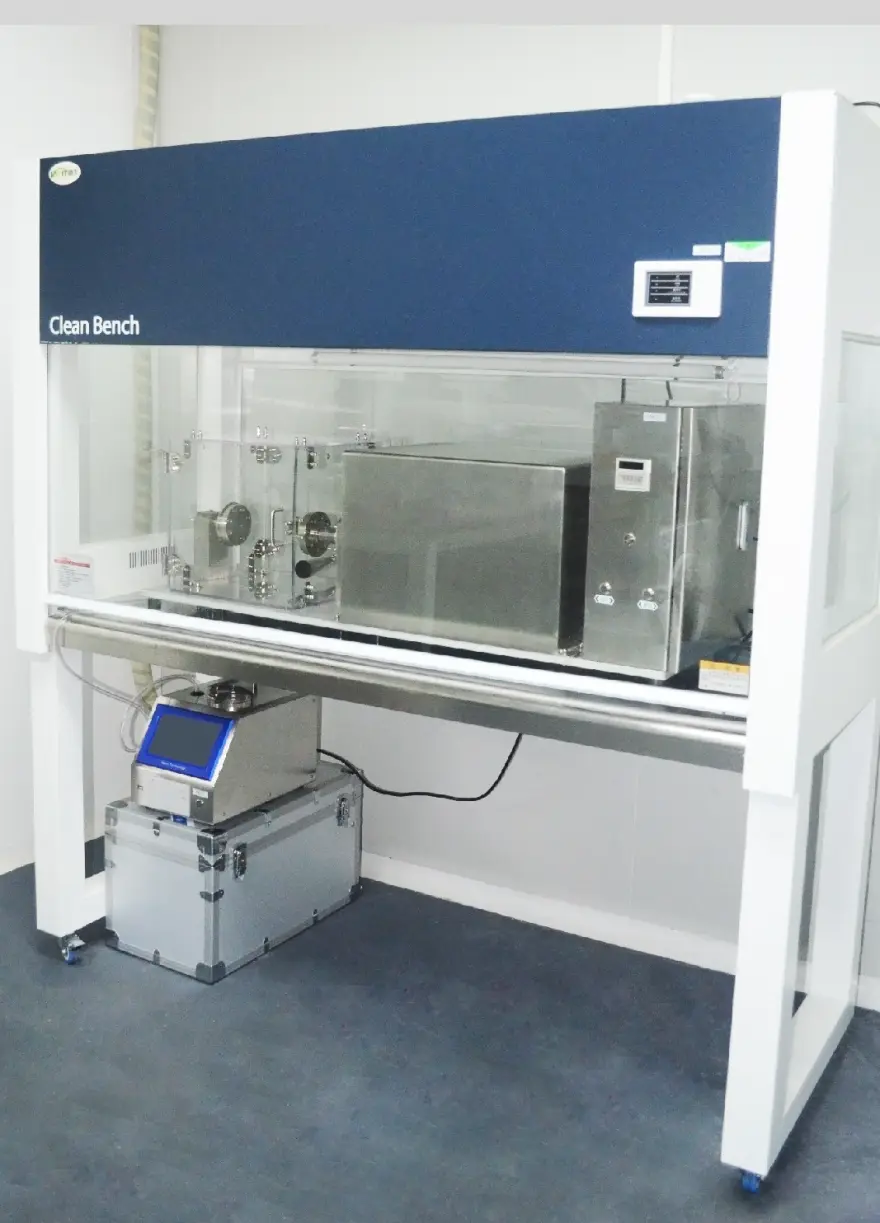 What is the ISO 11607-1 Packaging Validation Test?
What is the ISO 11607-1 Packaging Validation Test?
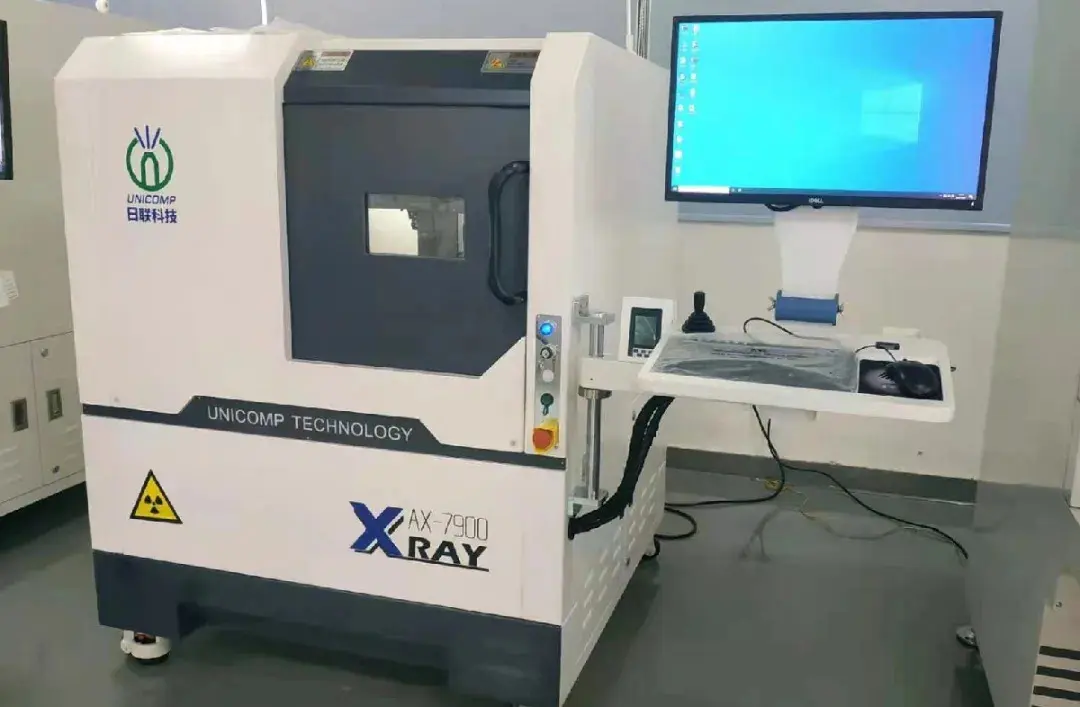 How to get an ISO 11737-1 Test Report?
How to get an ISO 11737-1 Test Report?
 Orthopedic Implant Cleanliness Testing
Orthopedic Implant Cleanliness Testing
 What is ISO 10993-23:2021 Irritation Testing?
What is ISO 10993-23:2021 Irritation Testing?
 ISO 10993-23 Irritation Testing Laboratory
ISO 10993-23 Irritation Testing Laboratory
 EMI Emissions Testing
EMI Emissions Testing
 EMC Standards for Medical Devices
EMC Standards for Medical Devices
Leave us a message
24-hour online customer service at any time to respond, so that you worry!




